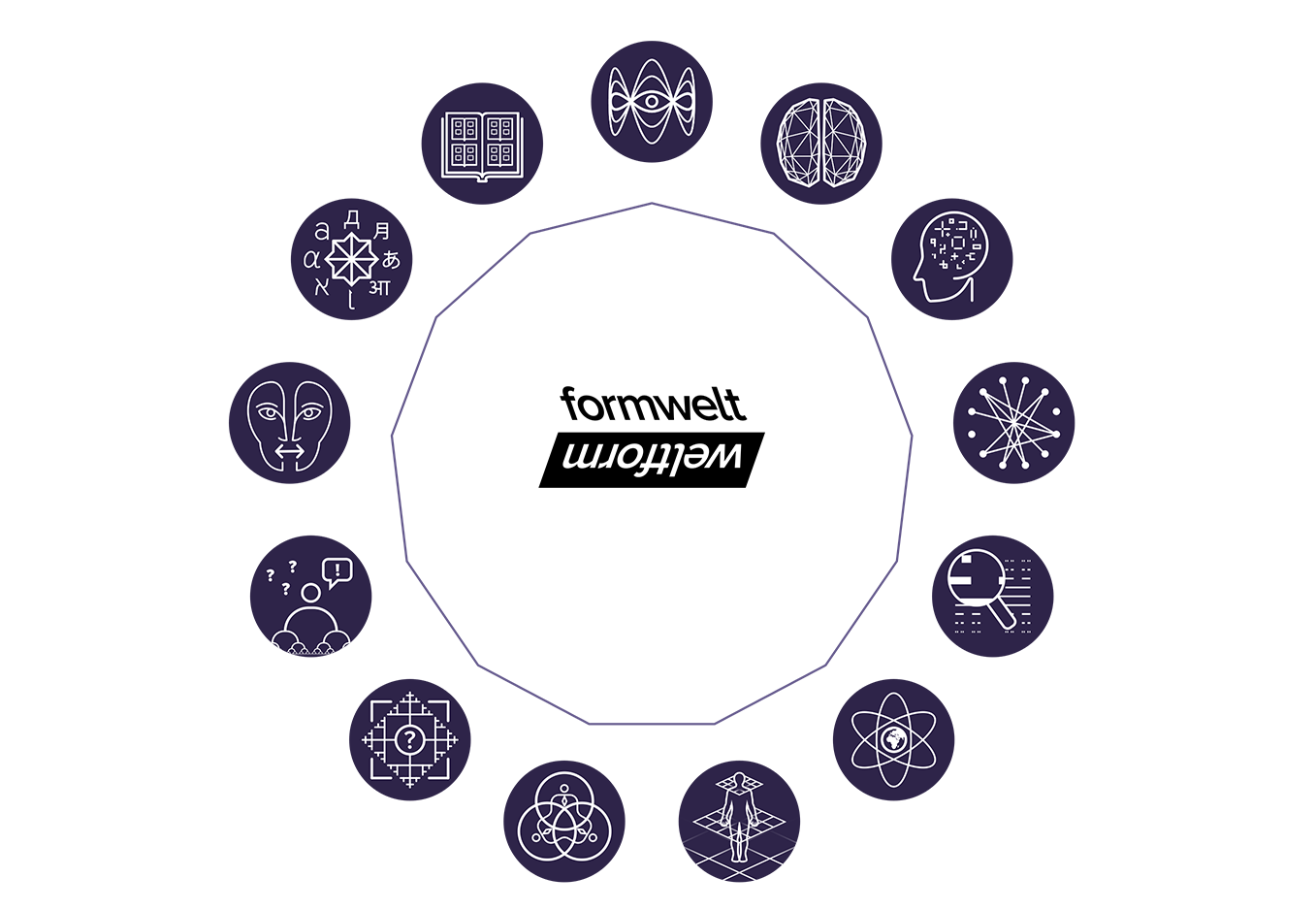Joint Statement
Complex times need complex solutions and complex/versatile thinkers. They need a complex approach to science and transdisciplinary synergies between experts and laymen in order to overcome some of today's bottlenecks and to help with some of the global challenges and problems:

But even more complex times need people everywhere capable of systemic thinking, of reflexive and multidimensional thinking, women and men who have learned to describe their views sensually perceptive and operationally and thus are capable to adress complexity and contingency without fear and the need to reduce them through ideology.
Information flowing in our modern complex social system (between human brains, brains to computer and computer to computer) creates new realities which have an immense impact on our society, biology and evolution as humans. A formal and informal thematisation of systems thinking needs to be developed and continuously supported in order to avoid negative outcomes such as degenerative disease, conflict, lack of cooperation and bad communication.
Subsidies and public measures should fund the development of tools like FORMWELT to support everybody in his or her approach on a complex life in times of globalization and reality-emulation. The evolution of intelligence and communication is entangled in/with the evolution of our society and our environments and we need transformative systemic science and thinking to support children and adults on a global scope to adapt and to grow in synergy with Artificial Intelligence.

“The inherent characteristics of the brain as a complex system, the long term and short-term adaptation strategies of the individuals, and finally the quality of management strategies of the collective and the embedded environment in steering individuals away from undesired brain’s health related outcomes such as depression, dementia, Alzheimer's disease, and other neurodegenerative diseases”.
The multiple, complex and overlapping network transactions in a virtual or a real environment need to be studied. Another example in this respect is PolySocial Reality (PoSR) which is a
“conceptual model for the global interaction context within which people experience social interactions whether immediate or mediated by technology. PoSR defines relations across the aggregate of all the experienced ‘locations’ and ‘communications’ of and between all individual people, people/machines and machines/machines in multiple networks and/or locales at the same or different times. PoSR is based upon the core concept that dynamic relational structures emerge from the aggregate of multiplexed asynchronous or synchronous data creations of all individuals within the domain of networked, non-networked, and/or local experiences”.
"Contemporary socio-technical challenges cannot be resolved without harnessing the collective intelligence and wisdom of stakeholders. This calls for systemic systems of communication, dialogue, and decision making in ways that guarantee that the outcome is not only consensual but also humane, optimal, and wise. To address these challenges we will need to re-invent the design and operation of key complex systems such as systems of education and systems of governance.".
- How can systems theory and research create significant differences in real systems and everybody's daily life?
- How can a transdisciplinary systemic discourse become of value to people, politics, economy, ecology, global solutions and integrate direct feedback from real systems and people into the discussion?
Questions like these culminate in the ongoing task of a systemic language and should lead to building an exchange platform for researchers, artists, managers, politicians to evolve with their research and exchange of ideas and the systems they analyze, and for laymen and normal people to be systemically integrated into the discussion thus being enabled to use research and systemic concepts to keep up with the complexity of globalization and to participate actively in scientific progress.
“Systemic thinking can change the world, but how? Through people who learn how to think systemically, who learn how to interact with each other systemically and through those people who learn to act as a system in the environment of other systems.”
We urge corporations, managers, artists, scientists, governments, philanthropists and others to support us in our goal to help with the adaptation of the individual and societies to new complexities for mankinds sake. We have entered a new era, the era of reality-emulation, and we need serious people and means everywhere on this planet to help with the changes we all are going through. We can not solve tomorrows problems, we can not adress tomorrows challenges properly with yesterdays linear thinking. Systemic thinking is the answer to the problems and challenges of our times.
Yes! This Next Society, this coming world in Reality-Emulation needs people capable to adapt in a versatile way to this world and we need to start to train such people. I support this goal of global importance with a donation:
Why people have signed:
